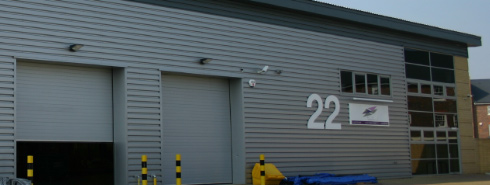
A study of major world industrial markets by Jones Lang LaSalle shows
that on average, there have been four consecutive years of industrial
growth. 2013 represents a 5 year high of world industrial output, and
all indicators predict further expansion in 2014. As a result, warehouse
space utilisation has been growing as well, and distribution and
fulfilment houses have been expanding.
Expansion in 2014 so far has been driven by growing demand for ecommerce fulfilment
and the resulting need for large amounts of sophisticated warehouse
space. As a result, 2014 is set to be ‘the year of e-fulfilment’. The
coming year should see a growing demand for distribution centres with a
robust e-fulfilment infrastructure near large population centres.
However, some supply chain managers are bucking the trend. Smaller,
more specialised warehousing space is in high demand amongst very
responsive, agile shippers. The key feature for such space seems to be
that the space be accessible to fluid distribution channels.
The end result is a very low percentage of unused warehousing and fulfilment capacity. So, what can we expect to follow?
First, demand for space is spreading to various secondary markets. Because prime space near major cities is drying up, more e-fulfilment centres will be constructed in lesser, nearby markets.Second, more such space will be built to suit. Europe and the UK can be expected to follow last year’s trend in the US, where more than half of the warehousing space constructed had a lease in place before construction began.
Third, we can expect rail transport between distribution centres to increase, as higher volumes make this more efficient than over the road trucking.
Fourth, e-commerce fulfilment will take over more and more of the market from brick-and-mortar retailing. Globally, the proportion of e- versus standard distribution space has been growing by 20% annually. This trend will almost certainly continue.






